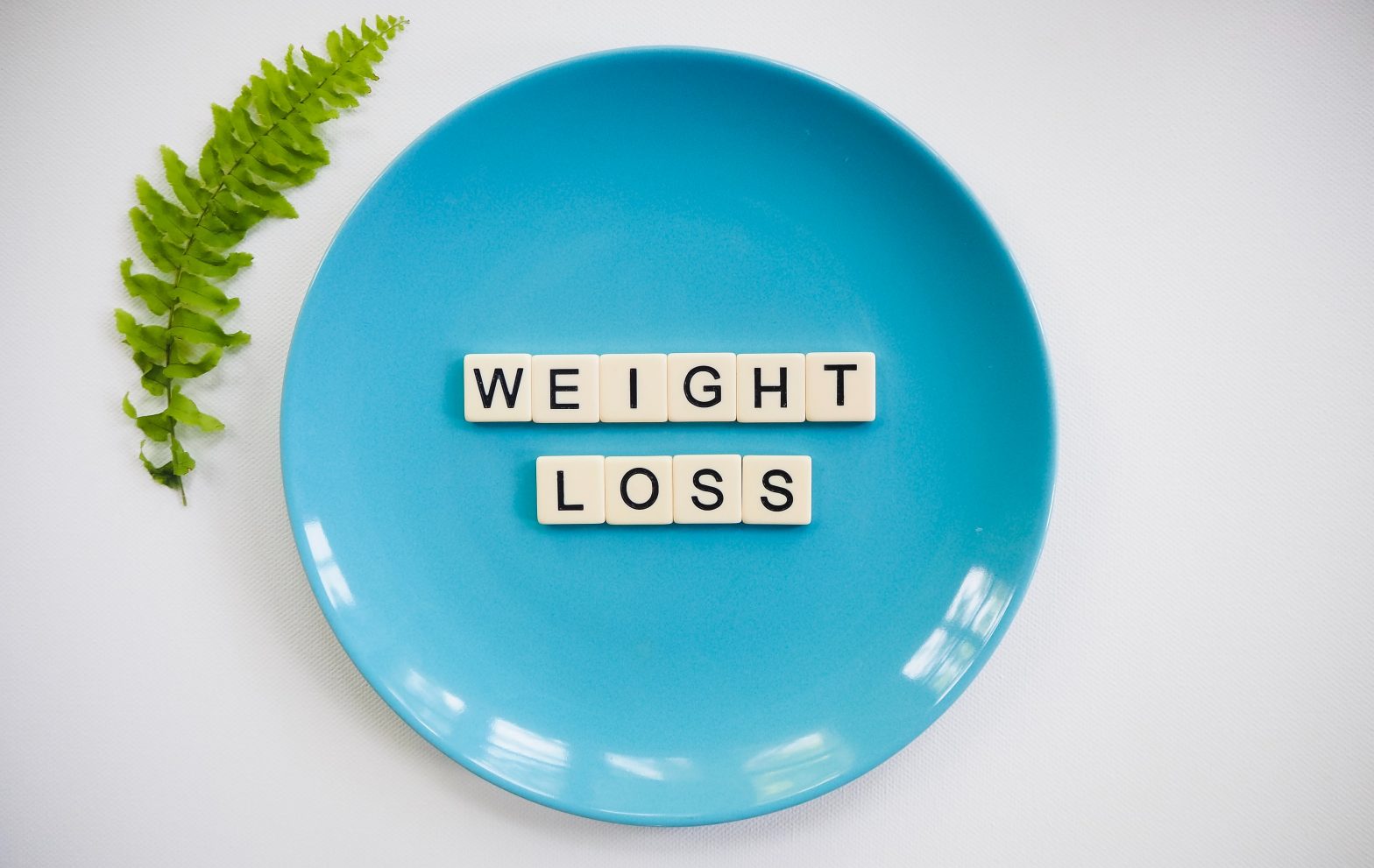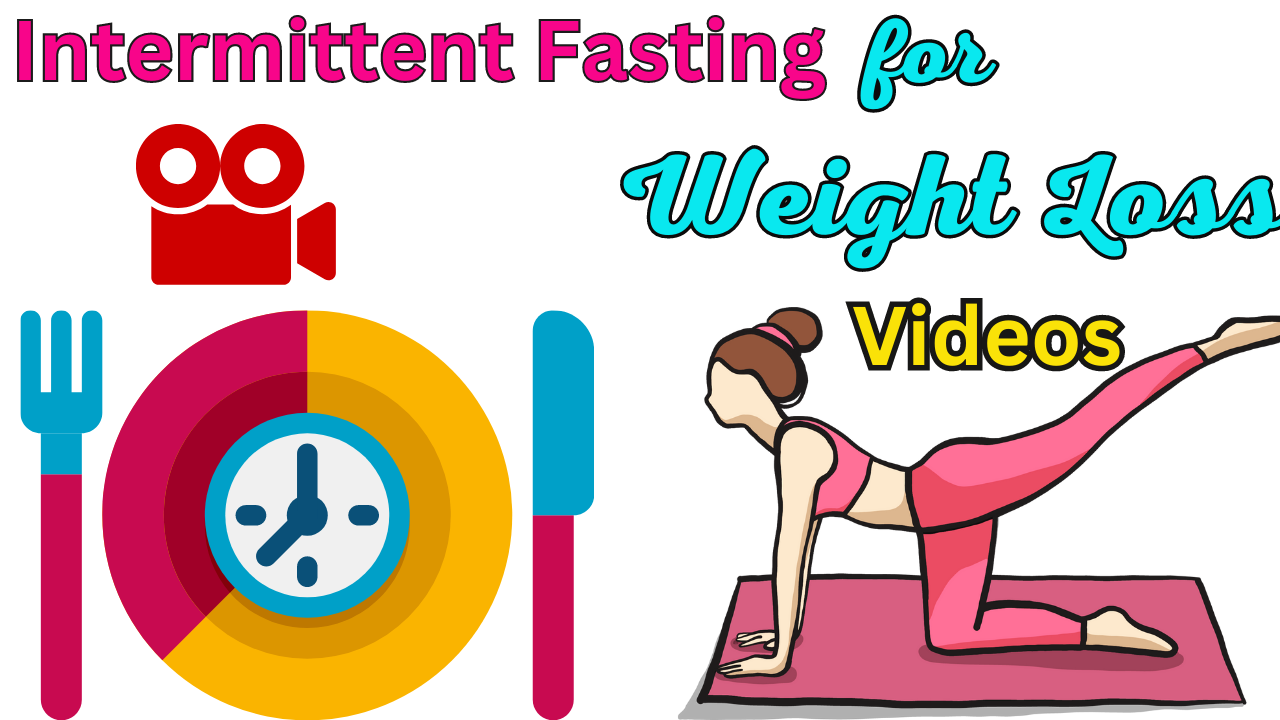
To fight against obesity and to reduce weight, people are advocating various ways to achieve it. Fighting against obesity is essential as it possesses a considerable risk, making us prone to many deadly diseases. Some of those fatal ailments include type II diabetes, hypertension, coronary artery disease, different types of cancer, etc… So, one can understand why weight loss finds a prominent place. People claim that consuming weight-loss pills helps us in the battle. But do they stand up to their claim? Let us look further to know its efficacy in reducing weight.
What are Weight Pills?
Weight loss or anti-obesity pills are chemical agents aimed at reducing weight, thus fighting against obesity. These pills work by modifying the body’s metabolism, appetite, inhibiting some body functions, either lowering fat absorption or increasing fat burn. The ingredients in the pills may also decrease the urge to eat. Weight-loss pills, diet supplements are all aimed at achieving one of the above-said factors to reduce weight.
How do they work?
There is no single method to group the functioning of drugs. For instance, Orlistat blocks pancreatic lipase, and the fat gets disposed of by the excreta system without getting deposited anywhere. Whereas few other pills like lorcaserin lower appetite. The fat absorption reducers like chitosan claim to get tied up with the fat, thus preventing the absorption of fat. There are other dietary supplements and herbal supplements, extracted from plants or fruits, to help in weight loss.
Do they help in Weight-Loss?
Let us first look at weight pills. Only a few weight-loss pills get approved by the FDA (Food and Drug Administration). The reason is most of the medicines produce a minimal effect with few very clinical trials to prove their efficacy. Almost all the clinical trials have been done by combining pills with diets as well. The result couldn’t justify if weight-loss pills alone could bring the desired effect. Another reason for very minimal approval of drugs by all regulatory bodies is the potential for adverse side effects.
For instance, Meridia (or Reductil) was once in wide circulation all over the world. But it was withdrawn as the FDA recommended not to use it, citing many risk factors outweighing the claimed benefits. Few drugs approved by the FDA include Qsymia, Xenical (or Alli), and Belviq. These pills could produce non-fatal temporary side effects when consumed as prescribed by the experts. These were the only few pills, creating an impact on weight loss when compared with others. But side-effects include headache, nausea, diarrhea, vomiting, etc. The clinical trials done on these drugs were for long-term use only.
Dietary-Supplements:
Dietary supplements do not require acceptance from the FDA for circulating it in the market. Though it contains herb extract, minerals, vitamins, amino acids, FDA recommends the use of these after getting suggestions from the healthcare experts. It is because of side-effects which may induce. However, many question its application since the efficacy of the extracts used needs clinical trials for its claim.
Should we use it or not?
The primary thing that everyone must understand is weight-loss pills are not the right solution for obesity. The fight against weight loss will be effective only when it gets combined with regular exercise and a proper diet. Considering the side effects even in FDA-approved drugs, it is best to consume these pills after consulting with the expert. It is because these pills may interfere with other medications consumed by us. So, getting a green signal from your doctor becomes crucial before using it.







Leave a Reply